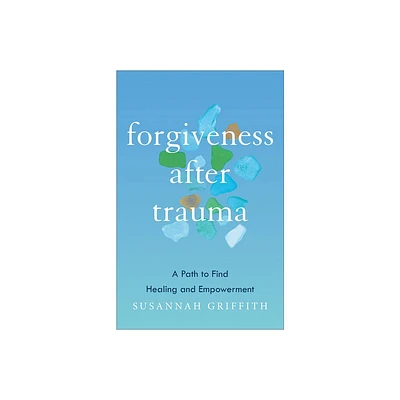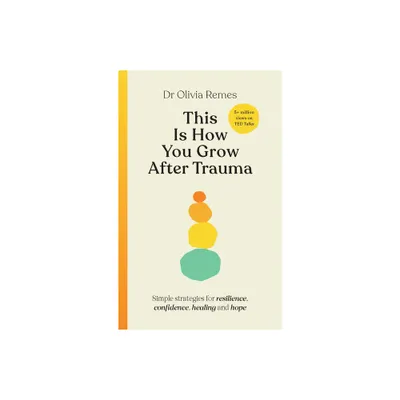Home
Forgiveness after Trauma: A Path to Find Healing and Empowerment
Loading Inventory...
Barnes and Noble
Forgiveness after Trauma: A Path to Find Healing and Empowerment
Current price: $19.99


Barnes and Noble
Forgiveness after Trauma: A Path to Find Healing and Empowerment
Current price: $19.99
Loading Inventory...
Size: Audiobook
*Product Information may vary - to confirm product availability, pricing, and additional information please contact Barnes and Noble
Susannah Griffith wishes she had spent less time thinking about forgiveness. But as a Christian minister, a biblical scholar, and a survivor of abuse, she has learned a lot about it.
In
Forgiveness after Trauma
, Griffith explores what the Bible saysand doesn't sayabout the biblical call to forgive. She helps readers understand this command in ways that are healing and restorative, framing it within broader concerns around lament, anger, accountability, release and rebirth, and reconciliation.
The result is what Griffith calls "trauma-informed forgiveness," which takes seriously God's forgiveness of sinners while centering survivors of abuse and aiding their healing. This view also empowers those who have been harmed in other ways by abuses of power and justice in religious institutions.
Readers will resonate with Griffith's astute biblical analysis and personal reflection, which point to God's lovea love that never includes abuse and strives for justice for the vulnerable.
In
Forgiveness after Trauma
, Griffith explores what the Bible saysand doesn't sayabout the biblical call to forgive. She helps readers understand this command in ways that are healing and restorative, framing it within broader concerns around lament, anger, accountability, release and rebirth, and reconciliation.
The result is what Griffith calls "trauma-informed forgiveness," which takes seriously God's forgiveness of sinners while centering survivors of abuse and aiding their healing. This view also empowers those who have been harmed in other ways by abuses of power and justice in religious institutions.
Readers will resonate with Griffith's astute biblical analysis and personal reflection, which point to God's lovea love that never includes abuse and strives for justice for the vulnerable.

















